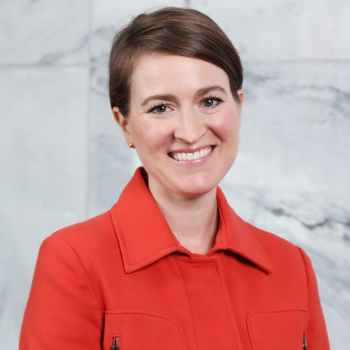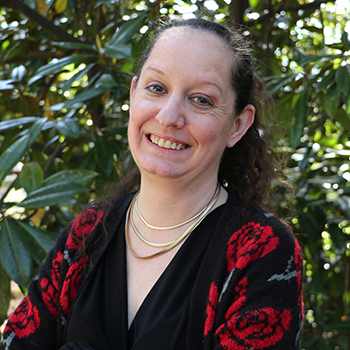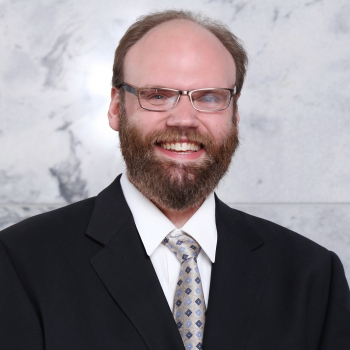
Our faculty are leaders in scholarship, teaching and service, as detailed in our faculty profiles. Here are highlights of their recent achievements:

Callaway Chair Elizabeth Chamblee Burch was featured in Georgia Magazine regarding her work in the fields of mass torts and multidistrict litigation. She was the subject of the Faculty Focus profile published in the fall 2025 issue.

Post Professor Pamela Foohey presented her co-authored book Debt’s Grip: Risk and Consumer Bankruptcy (University of California Press, 2025) at the University of California, Berkeley School of Law during August.

Callaway Chair Elizabeth Chamblee Burch was featured on Law.com regarding unfiled claims in multidistrict litigation. The article titled "Critical Mass With Law.com’s Amanda Bronstad: Judges in Two MDLs Order Lead Counsel to File Thousands of Unfiled Claims, Hagens Berman Accused of AI ‘Hallucinations’ in OnlyFans Case" was written by Amanda Bronstad and published 8/27/25.

Research Services Librarian Brandy Ellis co-presented "Teaching Ethics – Hallucinations and Misinformation" as part of the “Teaching the Tech Trainers – AI Edition” panel (with J. Tubinis) at the American Association of Law Libraries 2025 Annual Meeting.

Law and Technology Librarian Jason Tubinis co-presented "Teaching Ethics – Hallucinations and Misinformation" as part of the “Teaching the Tech Trainers – AI Edition” panel (with B. Ellis) at the American Association of Law Libraries 2025 Annual Meeting.
